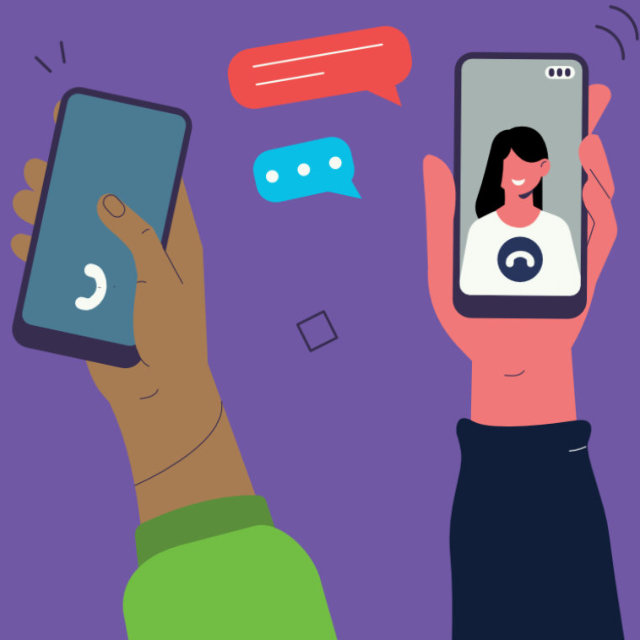There is a great deal of emphasis on teaching teens about healthy eating and exercise but not enough on the importance of a good night’s sleep.
Young people are at particular risk of developing sleep issues yet there is very little sleep education on the PSHE curriculum or available in schools.
Teenagers generally need around 8-10 hours. However, when adolescence hits, teenagers’ circadian rhythms become out of sync and can lead to Delayed Sleep Phase Syndrome. This is something that commonly affects teenagers and it’s where the sleep needs change making it harder to fall asleep at night and wake up in the morning – and unfortunately the school day does not make this easy. Many teens struggle to get to sleep in the week but fall asleep at the weekend and have lengthy lie-ins.
Sleep problems can be a very serious issue and lack of sleep has been linked to obesity, depression and impaired learning. Getting enough sleep allows teens to react more quickly to situations, have a more developed memory, learn more effectively and solve problems. They might not always understand the importance of sleep which is why it is particularly important to be working with families around sleep behaviour support – looking at improving sleep hygiene which includes reducing screen time in the hour before bed, keeping regular hours and only using the bedroom for sleeping to help strengthen the body clock.
Sleep issues are common and can take many forms, including nightmares or sleep terrors, sleepwalking and broken sleep patterns. These problems can often be temporary if good habits are consistently encouraged, but children and young people can also get ‘stuck’ in unhelpful habits.
The growth of computers, TVs, video games, social media, and texting means not only are teenagers not switching off properly before bed but also that they’re staying up later to do these things.
When we get into bed it is the darkness that helps to make us feel sleepy by releasing a hormone called melatonin that relaxes the body. When we sense light – and even the smallest amount of light such as the blue glow from phones or tablets – melatonin decreases and so does your sense of sleepiness, which in turn shifts the body clock.
It is important, if sleeping does become an issue or becomes regularly disrupted, that help should be sought as soon as possible. School staff and parents/carers should contact school nurses for advice especially where sleeping difficulties are more entrenched and causing distress to families and children. You could also refer families to their GP for more advice and guidance.


